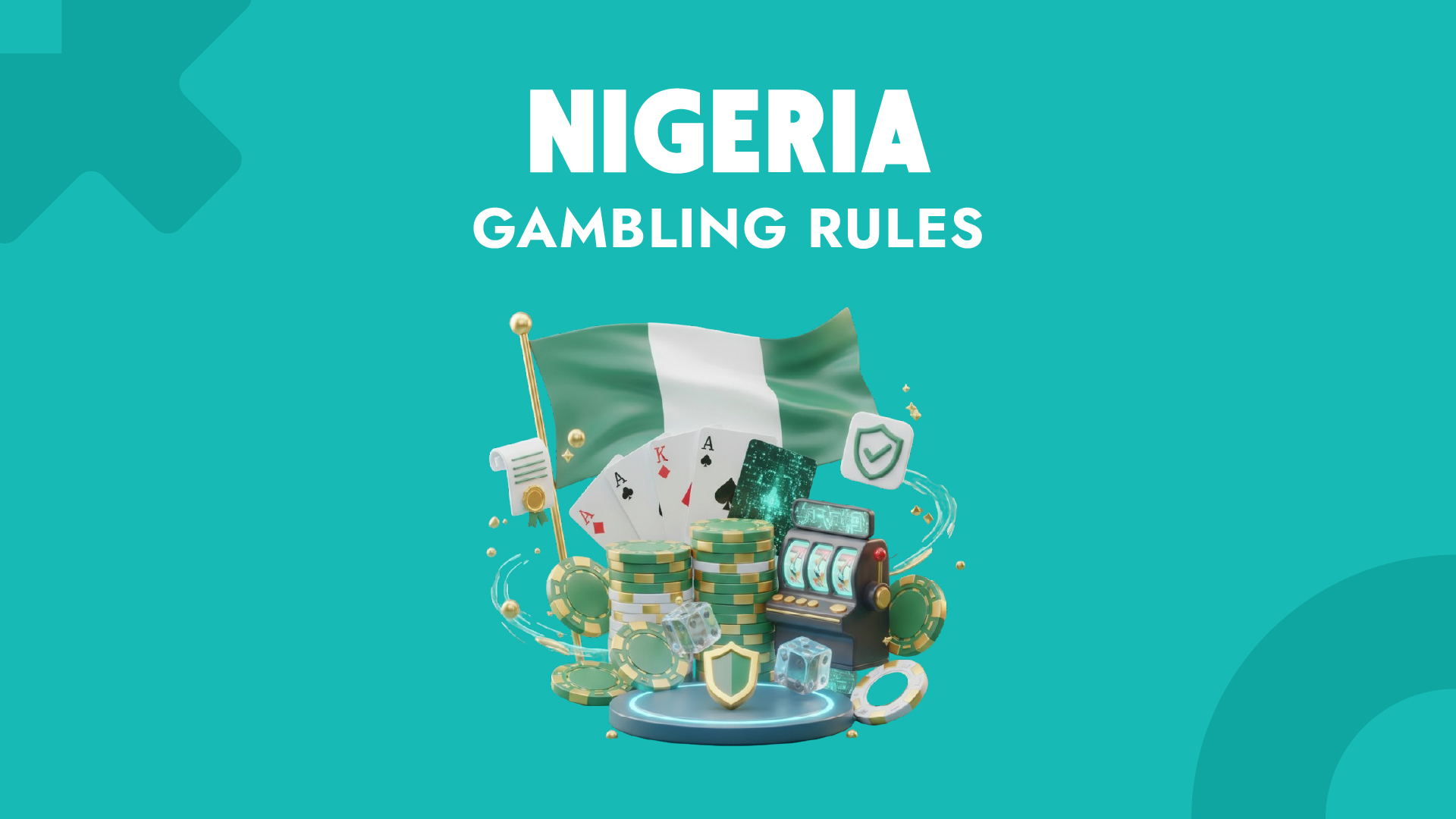The market for online gambling in Nigeria has grown rapidly in recent years, driven by the increasing availability of mobile devices, high-speed internet and a growing young, tech-savvy population. From sports betting to online casinos, Nigerians are engaging with digital platforms at increasing rates. According to industry estimates, millions of Nigerians place bets online each month, with sports betting accounting for most of the activity. Football enthusiasm drives sportsbook growth, with rising interest in slots and virtual games.
Nigeria is now recognized as one of Africa’s largest and most dynamic regulated iGaming markets, with total gaming revenue projected to reach USD 2.59 billion in 2025 and grow at a CAGR of 8.25% between 2025 and 2030, reaching approximately USD 3.84 billion by 2030, according to Statista.
As this demand grows, so does the need for oversight. With millions of transactions taking place daily, regulators have stepped in to ensure fair play, secure payments, and responsible gambling. For operators, this means understanding Nigeria’s legal framework is not just a requirement, but the foundation for building trust and long-term success.
Legal Framework Governing Online Gambling in Nigeria
Online gambling is legal in Nigeria, but operators must navigate a layered system of federal and state regulation. The National Lottery Regulatory Commission (NLRC) is the primary authority, setting nationwide standards for fair play, anti-money laundering (AML) compliance, and player protection. The National Lottery Act of 2005, alongside the Gaming Machines (Prohibition) Act, forms the core legal foundation for Nigeria’s gambling sector. However, some states, most notably Lagos, have their own regulatory bodies, which means businesses may need to meet dual requirements when seeking a Nigeria gambling license.
The NLRC also works closely with the Economic and Financial Crimes Commission (EFCC) to enforce AML/CFT measures and ensure transparency in gaming transactions.
To operate legally, providers must:
- Ensure transparent operations and fair play.
- Implement responsible gambling tools to protect vulnerable players.
- Maintain strict AML and Know Your Customer (KYC) procedures.
- Offer secure payment systems adapted to local methods.
- Maintain accurate transaction and player activity logs for audit purposes and NLRC inspection.
Additionally, operators must follow strict advertising standards. This includes targeting only legal-age players, avoiding misleading promotions, and ensuring all marketing emphasizes responsible play. They are also expected to comply with data protection obligations under the Nigeria Data Protection Regulation (NDPR).
Licensing Options for Operators
There are different categories of licenses depending on the type of gambling service offered:
- Sports Betting Licenses – The most common license, covering fixed-odds betting on sports events.
- Casino and Slots Licenses – For platforms offering online table games, poker, or slot machines.
- Lottery Licenses – For digital lottery and instant-win games.
The licensing process requires submitting detailed documentation, proof of financial stability, and compliance with technical standards. Applicants are also expected to demonstrate their commitment to responsible gambling, cybersecurity, and player protection. In some states, such as Lagos, separate applications to the Lagos State Lotteries and Gaming Authority (LSLGA) may also be required, creating an additional compliance layer. Costs vary, but they typically include an application fee, license fee, and annual renewal fees. Licenses are generally valid for one to five years, depending on the category and jurisdiction. While these expenses can be significant, a valid license enhances credibility, builds trust with Nigerian players, and ensures long-term market access.
Risks and Challenges
While the Nigerian online gambling market offers high growth potential, it also presents notable risks:
- Regulatory Overlap: Federal and state-level laws may conflict, creating uncertainty.
- Enforcement Gaps: Unlicensed operators still target Nigerian users, increasing competition for licensed platforms.
- Technology and Infrastructure Issues: Payment delays, server downtime, and fraud risks can undermine customer trust.
- Cultural and Social Concerns: Gambling is sometimes viewed with skepticism, making responsible practices crucial for brand reputation.
Operators must stay updated on evolving policies and adapt quickly to remain compliant. Developing strong legal partnerships and engaging with local regulators can help businesses mitigate these risks.
How to Enter the Nigerian Online Gambling Market
For new entrants, careful planning is essential. Beyond licensing, successful entry requires strong local partnerships, robust compliance systems, and tailored player experiences. Appointing a local representative or compliance officer is often recommended to facilitate communication with regulators. Businesses should also consider mobile-first designs, as over 85% of bets in Nigeria are placed via mobile devices. Investing in secure and efficient payment solutions—such as mobile money, bank transfers, and popular local e-wallets—can significantly improve user acquisition and retention.
It is also important to focus on customer engagement. Features such as live betting, local-language support, and 24/7 customer service give platforms an edge in this competitive space. Offering loyalty rewards and free-to-play games can also help build a strong user base.
For additional insights on regional opportunities beyond Nigeria, explore our full guide on entering the African iGaming market.
Compliance Best Practices
To thrive in Nigeria’s online gambling ecosystem, providers should:
- Conduct regular audits of technical and financial systems.
- Offer clear self-exclusion and responsible gambling tools.
- Maintain transparent terms and conditions.
- Invest in fraud prevention and cybersecurity.
- Perform periodic AML/KYC policy reviews and ensure full alignment with NLRC standards and NDPR data protection rules.
By prioritizing compliance, businesses not only avoid penalties but also build stronger relationships with regulators and players alike.
online gambling in nigeria
Navigating Rules and Responsibility for Long-Term Success
The future of online gambling in Nigeria looks promising but requires operators to navigate the complex regulatory landscape carefully. By understanding the rules, securing the right licenses, and committing to player protection, operators can unlock one of Africa’s most dynamic gaming markets. By combining regulatory readiness with scalable white label and turnkey solutions, operators can enter Nigeria’s market with confidence and compliance built in. Those who balance growth with responsibility will be best positioned to succeed in Nigeria’s fast-evolving iGaming landscape.


